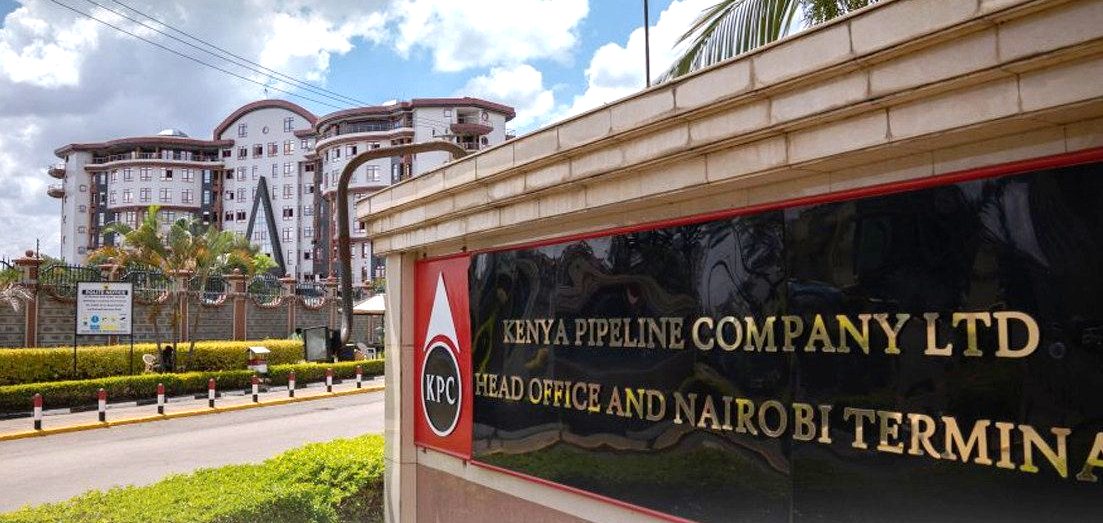OPINION
As Ethiopia’s military chief vows to end its landlocked “constraint,” Kenya must act quickly to safeguard Mombasa and LAPSSET from trade diversion. At the same time, Kenya should pursue partnerships to turn Addis Ababa’s maritime needs into mutual gain
To unlock the full article:
Choose one of the options below:
- Ksh 10 – This article only
- Ksh 300 – Monthly subscription
- Ksh 2340 – Yearly subscription (10% off)
By Benson Nyangweso in Nairobi
In a striking declaration of national intent, Ethiopia’s military chief, General Birhanu Jula, asserted last week that the country would no longer accept its landlocked status as a constraint on its regional ambitions or strategic future. General Birhanu Jula, whose official title is Chief of the General Staff of the Ethiopian National Defence Force (ENDF), was referring to Ethiopia’s neighbours.
“Two million must not choke 200 million,” he declared, in reference to Eritrea, adding, “We slept for thirty years, now we have awakened and will not sleep again. We will secure our peace, development, and access to the sea by any means necessary.”
His remarks mark a major policy shift. Since losing direct sea access after Eritrea’s secession in 1993, Ethiopia has depended heavily on Djibouti for maritime trade, which accounts for over 95% of its imports and exports. Jula’s statement signals Addis Ababa’s growing impatience with this dependency and a readiness to assert itself more forcefully in regional geopolitics.
Ethiopia’s pursuit of seaport access could redefine its economic and military trajectory. Direct access to the sea would reduce shipping costs, boost exports, and enhance its strategic autonomy. However, the phrase “by any means necessary” introduces unease, hinting at potential regional tensions.
Ethiopia’s evolving rhetoric increasingly intertwines defence and development. The ENDF is being framed not merely as a protector of borders but as an enabler of national progress. In Jula’s framing, peace and prosperity are now inseparable components of Ethiopia’s strategic doctrine.
Despite the ambition, several obstacles remain:
- Diplomatic complexity: Securing a sea route will require negotiation and cooperation with coastal states, Djibouti, Eritrea, Somalia, Somaliland, and Sudan, many of which may view Ethiopia’s intentions with suspicion.
- Resource constraints: Developing naval capabilities and maritime infrastructure will require vast financial and logistical investments.
- Domestic instability: Ethiopia continues to grapple with ethnic tensions and governance challenges that could undermine its external ambitions.
- International scrutiny: Global powers with stakes in the Red Sea, such as the Gulf States, China, the United States, and the European Union, are likely to react cautiously, recalibrating alliances and regional influence.
Kenya cannot ignore Ethiopia’s maritime ambitions. Any realignment in Red Sea or Horn of Africa trade routes will inevitably influence Mombasa Port and the Lamu Port-South Sudan-Ethiopia Transport (LAPSSET) Corridor.
If Ethiopia negotiates new port agreements with Somaliland or Eritrea, it could divert future investment and transit traffic away from Kenyan infrastructure projects. Alternatively, Kenya could seek to position itself as a key partner, offering access through Lamu or Mombasa in exchange for expanded trade and security cooperation.
Kenyan policymakers, port authorities, and private sector stakeholders should therefore monitor:
- Emerging bilateral or regional agreements granting Ethiopia preferential port access or transit rights;
- Developments in Ethiopia’s naval capability, maritime training, and defence procurement;
- Statements from regional states, including Djibouti, Eritrea, and Somaliland;
- Shifts in foreign investment patterns linked to new maritime ambitions.
Ethiopia’s landlocked status has long been regarded as an economic handicap and a geopolitical limitation. General Jula’s defiant remarks suggest that Addis Ababa now views this as an unacceptable weakness.
Whether this “awakening” translates into peaceful diplomacy or a confrontational pursuit of strategic goals remains uncertain. What is clear, however, is that the Horn of Africa’s geopolitical landscape has entered a new, more volatile phase, and Kenya must be ready to navigate its ripple effects.
[/full]




